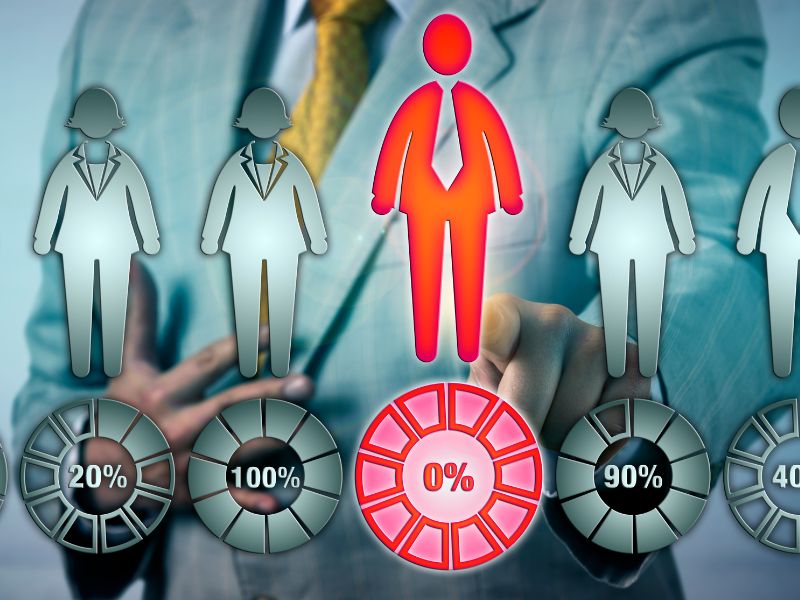As costs rise and customer traffic remains sluggish, many restaurant operators are trying to improve employee performance and productivity to fill the revenue gap. This brings to the forefront a pressing question: Can using AI tools to monitor employee performance lead to lasting improvements in productivity?
Some franchisees at Dairy Queen, KFC, Taco Bell, and other chains are betting the answer is yes. These restaurant operators claim that monitoring employees via audio and video streaming helps them identify and reward high performers with bonuses and motivates others to do better.
The tools track such inputs as order-taking accuracy and speed, upselling and “suggestive selling” success, friendliness, and politeness. Managers wearing headphones can monitor individuals firsthand and see analyses of each worker’s performance on a dashboard.
Some franchisees at Dairy Queen, KFC, Taco Bell, and Ben & Jerry’s use Hoptix to improve employee morale by enabling managers to evaluate performance more accurately. The tool also enables managers to use competitive games to award prizes to top performers. Based on the premise that what gets measured tends to improve, Hoptix promises profit gains as high as 10%.
Experts on the human impact of AI, however, say the tools can be used to hold employees to unfair standards. Managers sometimes use productivity improvement programs to mask the fact that they are severely understaffed. This strategy risks squeezing workers even harder when many are already working as fast as they can.
Managers claim such tools enable them to spot underperformers and deliver targeted suggestions for improvement. One Dairy Queen franchisee says the program sheds light on whether employees in the drive-thru greet customers warmly, suggest additional items to order, repeat the order back to the customer, and thank them.
Although these operators see the technology as a ray of hope, raising the output of restaurant workers is challenging. Fast-food jobs require employees to repeat the same actions and conversations numerous times a day, and annual turnover industrywide is still near 100%. Whether AI systems can foster greater employee loyalty remains to be seen.

